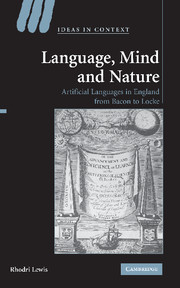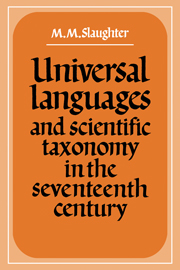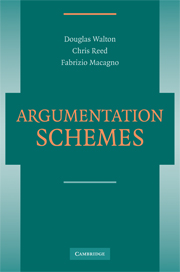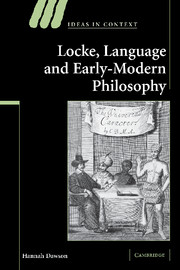Language, Mind and Nature
In the attempt to make good one of the desiderata in Bacon's Advancement of Learning, a cohort of seventeenth-century philosophers, scientists, schoolmasters, clergymen and virtuosi attempted to devise artificial languages that would immediately represent the order of thought. This was believed directly to represent the order of things and to be a universal characteristic of the human mind. Language, Mind and Nature is a 2007 text which fully reconstructs this artificial language movement. In so doing, it reveals a great deal about the beliefs and activities of those who sought to reform learning in seventeenth-century England. Artificial languages straddle occult, religious and proto-scientific approaches to representation and communication, and suggest that much of the so-called 'new philosophy' was not very new at all. This study broke important ground within its field, and will interest anyone concerned with early modern intellectual history or with the history of linguistic thought in general.
- Reconstruction of the attempts to create artificial languages in seventeenth-century England, taking in a wide range of published and unpublished sources
- Was the first study to place the artificial language movement in its proper intellectual, social, political and religious contexts
- An important re-evaluation of early modern ideas about language, natural philosophy and religion
Reviews & endorsements
Review of the hardback: '… Rhodri Lewis ably tells the story of efforts in seventeenth-century England to produce an 'artificial language'. Review of Politics
'Superseding its predecessors, this erudite and nuanced work provides the empirical, theological, and philosophical baseline for all future study of early modern artificial languages.' Matthew Jones, Isis
Product details
No date availableHardback
9780521874755
288 pages
229 × 152 × 21 mm
0.59kg
Table of Contents
- Acknowledgements
- List of illustrations
- Note on the text
- Abbreviations
- 1. Introduction: the idol of the market
- 2. Hartlibian beginnings
- 3. From Oxford to the Royal Society
- 4. Discursus: artificial languages, religion and the occult
- 5. The Essay: Wilkins's 'Darling'
- 6. After the Essay: reception, revision, frustration and failure
- 7. Conclusion: from Pansophia to comprehension
- List of manuscripts
- Bibliography.






